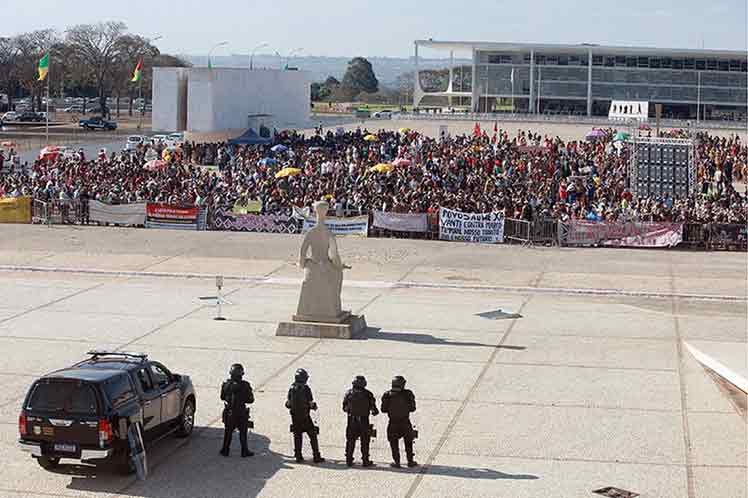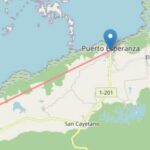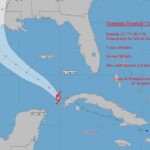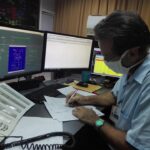Brasilia: The Federal Supreme Court (STF) once again postponed the judgment on the so-called time frame that will define the future of the demarcation of indigenous lands in Brazil to September 1, Prensa Latina publishes.
The Legal Consultant portal indicated that, with the reading of the report on the action, the STF began this Thursday the analysis of one of the most important cases of this second semester.
It is a relative extraordinary appeal in which the thesis of the temporal framework is discussed, according to which the natives can only claim the lands they were on the date of promulgation of the Constitution of October 1988.
Another point in discussion is whether the recognition of an area as native territory depends on the conclusion of the administrative demarcation process.
The trial was interrupted on June 11 when Supreme Court Judge Alexandre de Moraes asked for a clarification.
Another pause occurred yesterday when the president of the court, Minister Luiz Fux, suspended the session due to the lateness of the hour and reported that the matter will begin to be discussed, as the first item on the agenda, in the session next Wednesday.
For two days it has been waiting for the Supreme Court to analyze the demand for land recovery presented by the government of the southern state of Santa Catarina against the Xokleng people, expelled from their traditional hunting areas more than a century ago to make room European settlers.
The petition refers to the Ibirama-Laklãno aboriginal lands, where the Guaraní and Kaingang peoples live.
Since 2017, the State invokes the thesis of the time frame to claim the territory.
Two years later, the STF gave the status of ‘general repercussion’ to the process, which means that the decision taken in the case will serve as a guideline for the federal direction and all the instances of justice with respect to the demarcation procedures.
A failure in court would imply a setback for the rights of indigenous communities.
President Jair Bolsonaro defends that time frame, claiming that very few Aboriginal people live on a lot of land, which blocks agricultural expansion.
The higher court’s determination, which could need more than one hearing, will set a legal precedent as the former military president and agribusiness push for legislative changes on protected areas.
Some 6,000 indigenous people of 176 ethnic groups will continue their protest in the center of Brasilia until tomorrow to pressure the Supreme Court to reject this proposal that will lacerate the demarcations of ancestral lands.





